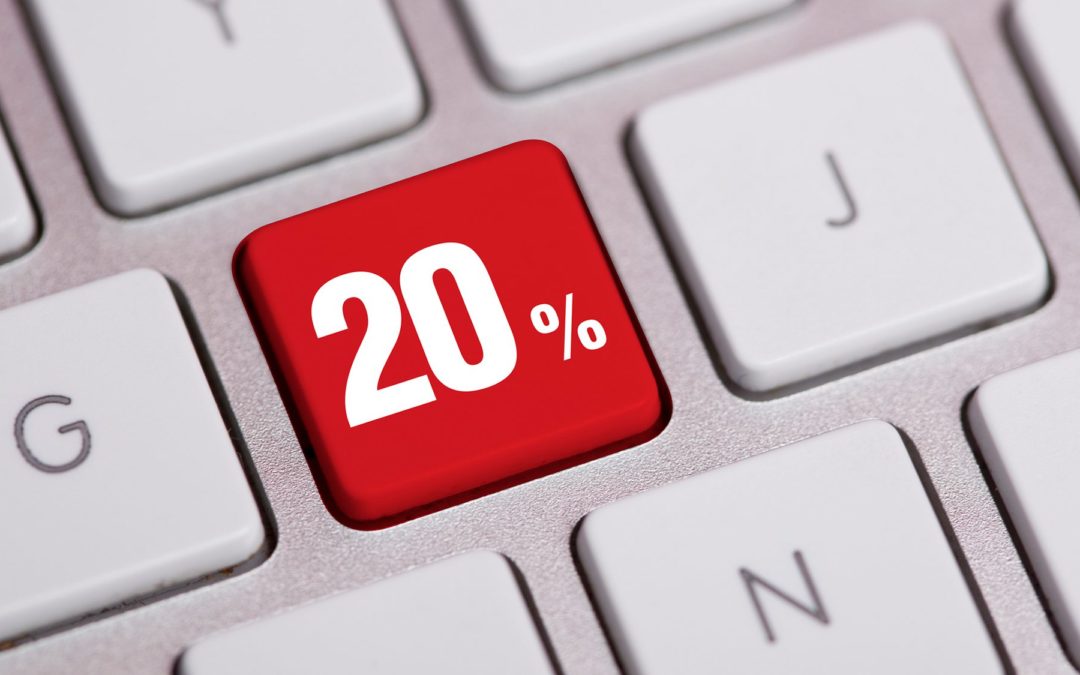What Mortgage Down Payment Do You Need? A First Time Borrower’s Guide: Massachusetts HomeBuyers HomeOwnership
Ask most people about the biggest obstacle to buying a home, and hands down, they’ll say it’s scraping together enough money for a down payment and closing costs. But understand a key point: This is not a separate and distinct issue from landing a mortgage. Lenders, after all, like to see clients lay down a sizable chunk of change before they fork over a mortgage loan, because this shows you have skin in the game and lowers the odds that you’ll default on your loan. So how large a down payment do you really need in relation to the purchase price of your home? Allow us to fill you in on everything you need to know.
Why a twenty percent down payment is best
Most financial planners recommend that home buyers make a down payment amounting to twenty percent of the purchase price of the home. So, with the national median home price hovering currently around three hundred thousand dollars the average twenty percent down payment costs a whopping sixty thousand. Phew! (You’ll also be on the hook for closing costs.) Sure, that’s a lot of cash, which may explain why one survey by NerdWallet of two thousand Americans found that we spend an average of three years shoring up our finances before buying a home. But there’s good reason to start pinching pennies early: A twenty percent down payment enables you to avoid paying private mortgage insurance.
What is private mortgage insurance?
If you have good credit and can put at least ten percent of the home price down, you can still qualify for a conventional fixed rate loan from a lender. The catch? You’ll need to pay private mortgage insurance (PMI) along with your monthly payments, a premium that protects the lender in case you default on the loan. PMI ranges from about 0.3 percent to 1.15 percent of your home loan. But with interest rates being as low as they are, buying now even if you need mortgage insurance can be a smart move from a long term savings perspective.
“Mortgage insurance has gained a negative connotation, but it enables many people without much money to buy homes who wouldn’t otherwise be able to,” says Barbara Carrollo-Loeffler, director of consumer and residential lending at Provident Bank. Another silver lining to mortgage insurance: Once you have at least twenty percent equity in your home, you can ask your lender to cancel your PMI. And once you have twenty two percent equity, the lender is required to automatically cancel the PMI coverage. (One caveat: Some lenders require homeowners to get a home appraisal before they’ll remove mortgage insurance.)
Of course, purchasing a home now also means that you’ll start gaining equity in the home with every monthly payment, rather than continuing to burn money on rent. You can use realtor.com®’s Rent or Buy calculator to see how much you’ll save each month.
Don’t have twenty percent or even ten percent? Here’s what to do
Don’t have that kind of down payment cash lying around for a home purchase? You have options, especially if you are a first-time home buyer. Depending on your credit score, debt to income ratio and income, you could qualify for one of over two thousand and two hundred, down payment assistance programs nationwide, which help out home buyers with low-interest loans, grants, and tax credits. While a certain portion is geared to low-income buyers, you don’t have to be down and out. Just make sure the property has a good loan-to-value ratio (LTV), which basically means the home is worth the potential mortgage.
According to Jonathan Smoke, chief economist of Realtor.com: “Most consumers do not know about these programs, and those that do assume government-sponsored assistance is more difficult to get than a conventional loan is.” And the savings can be substantial: Home buyers who use down payment assistance programs to tackle the loan amount save an average of seventeen thousand seven hundred and sixty six dollars over the life of their loan, according to a report by RealtyTrac. But we’re talking even bigger cash in expensive housing markets such as Los Angeles, where the average down payment assistance is a handsome forty thousand five hundred and ninety eight dollars.
To find down payment assistance programs, buyers can search for their state on the Department of Housing and Urban Development website or using Bank of America’s recently launched database of local programs. Another option is a government backed mortgage, if you qualify. Federal Housing Administration (FHA) loans let borrowers put down as little as 3.5 percent, if you or your spouse served in the military, you’re truly in luck: Veterans Affairs loans are available with zero percent down yes: No. Money. Down. You’ll need to meet certain income and credit requirements FHA loans call for a minimum credit score of five hundred, and VA loans require a minimum score of six hundred and twenty but these FHA loan programs could allow you to purchase a home with less than twenty percent down. (Thanks, FHA!)
The downside to small down payments
While making a small down payment versus your total loan amount may seem dreamy, keep in mind that there are some drawbacks. For one, the amount of money you’re borrowing will obviously be larger, which means you’ll have to make larger monthly mortgage payments. Making matters worse, loans with down payments under twenty percent typically come with higher interest rates. Therefore, you’ll need to tighten your spending more than if you were making a twenty percent down payment, but that’s not necessarily a bad thing if the payment enables you to clinch the keys to a home now, is it?
To get a ballpark figure of the mortgage you can afford and how your down payment affects your monthly mortgage payment, punch your salary and other numbers into a payment calculator. Then stay tuned next week to learn more about the next step: getting pre-approved for a home loan.
The post What Mortgage Down Payment Do You Need? A First-Time Borrower’s Guide (No Calculator Required) appeared first on Real Estate News & Insights | realtor.com®.

FIRST TIME HOMEBUYERS
Changes in Massachusetts Real Estate Law & How they Effect the Consumer:
Article From: "Daniel Bortz" Read full article
Get Started with MABA
For no extra cost, let a MABA buyer agent protect your interests



